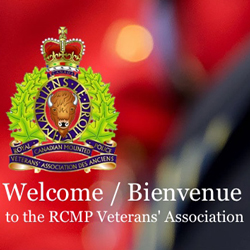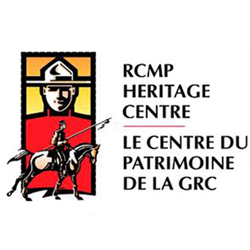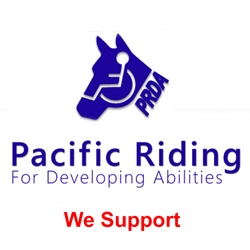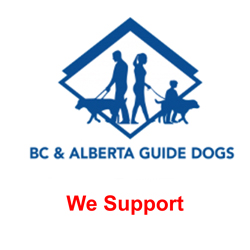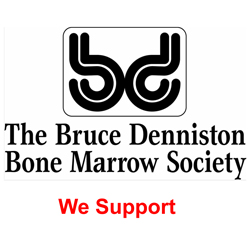Uncommon Valour
In today’s society, it seems we have lost site of esteeming people who made the real difference and who have disregarded their personal safety to help others.
One such person was Captain Ed W. Freeman of Company A, 229th Assault Helicopter Battalion, First Cavalry Division (Airmobile)United States Army.
Imagine yourself you’re an American soldier on November 11, 1967 at a landing zone X-ray in the Ia Drang Valley, Vietnam. Your unit is outnumbered 8 to 1 and the enemy is raining down live fire from only 100 years away. The Battalion is almost out of ammunition. Enemy fire intensifies and your Commanding Officer orderes the evacuating helicopters to stop coming in.
You’re lying there, listening to the enemy machine guns and you know you’re not getting out.
Your family is half way around the world, 12,000 miles away, and you’ll never see them again.
As the world starts to fade in and out, you know this is the day. Then – over the machine gun noise – you faintly hear that sound of a helicopter. You look up to see a Huey coming in. But it doesn’t seem real because no MedEvac markings are on it.
Captain Ed Freeman is coming in for you in his unarmed helicopter. He’s not MedEvac so it’s not his job but he heard the radio call and decided he’s flying his Huey down into the machine gun fire anyway.
Even after the MedEvacs were ordered not to come. He’s coming anyway. And he drops it in and sits there in the machine gun fire, as they load 3 of you at a time on board and unloaded water and ammunition for the battalion.
Then he flies you up and out through the gunfire to the doctors and nurses and safety.
And, he kept coming back!! Thirteen more times!! Until all the wounded were out. No one knew until the mission was over that the Captain had been hit 4 times in the legs and left arm.
He took 29 of you and your buddies out that day. Some would not have made it without the Captain and his Huey.
It was only in 2001 that his repeated acts of bravery was recognized. His selfless acts of great valor, extraordinary perseverance and intrepidity were far above and beyond the call of duty or mission and set a superb example of leadership and courage for all of his peers. Captain Freeman’s extraordinary heroism and devotion to duty are in keeping with the highest traditions of military service and reflect great credit upon himself, his unit and the United States Army.
On July 16, 2001, Ed Freeman was awarded the U.S.’ highest military honor – the Medal of Honour by President George Bush. .”He served his country and his comrades to the fullest, rising above and beyond anything the Army or the nation could have ever asked,” Bush said.
At the end of November 2010, Ed Freeman passed away.


 May 17, 2012
May 17, 2012 




